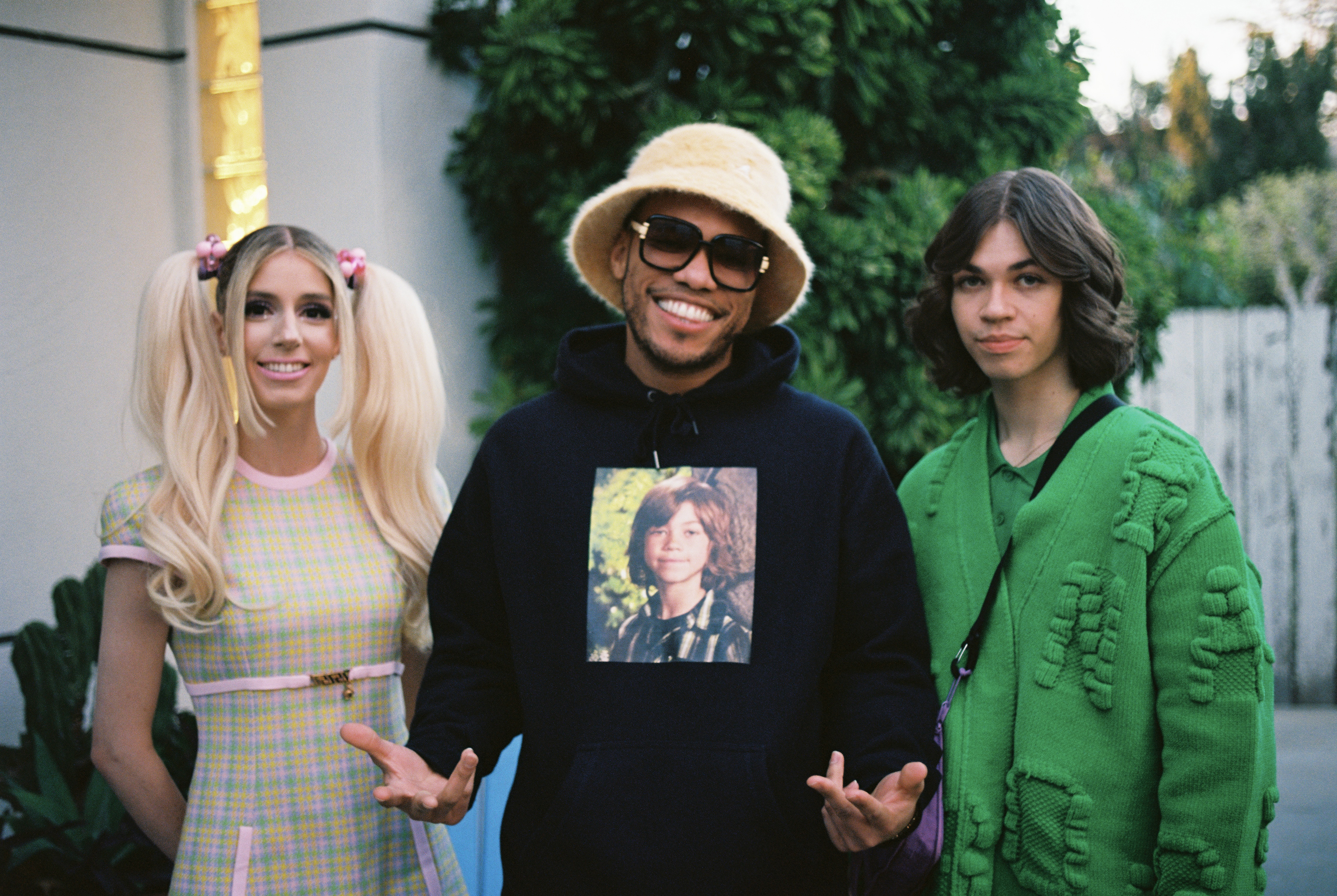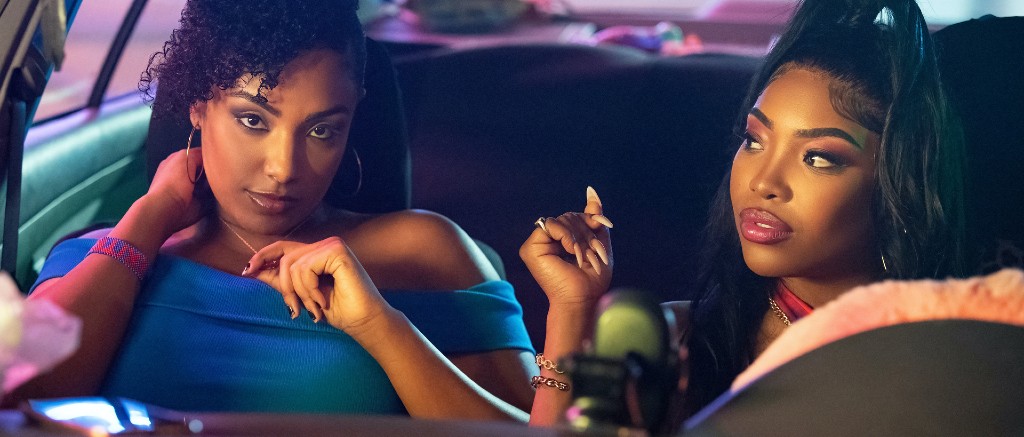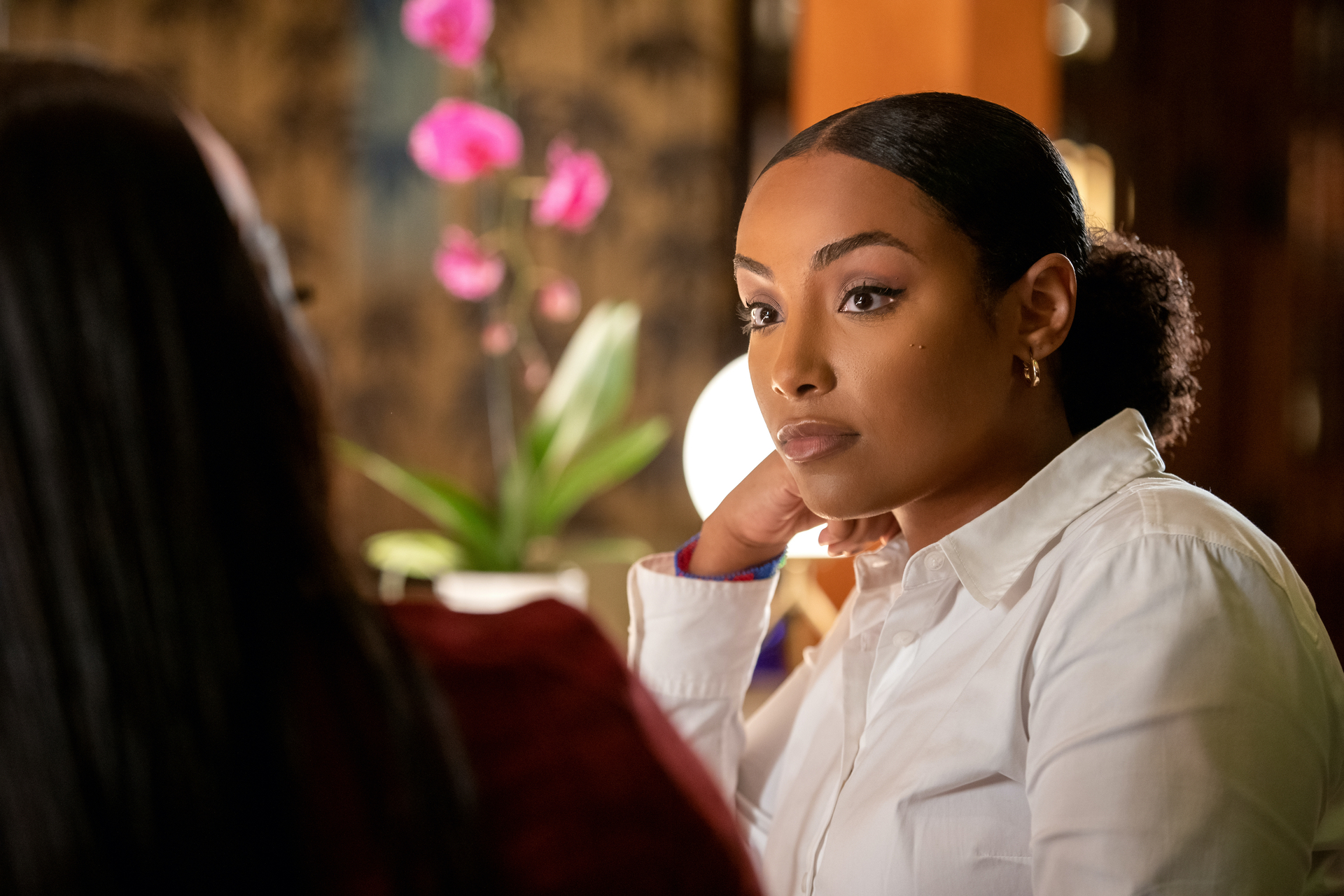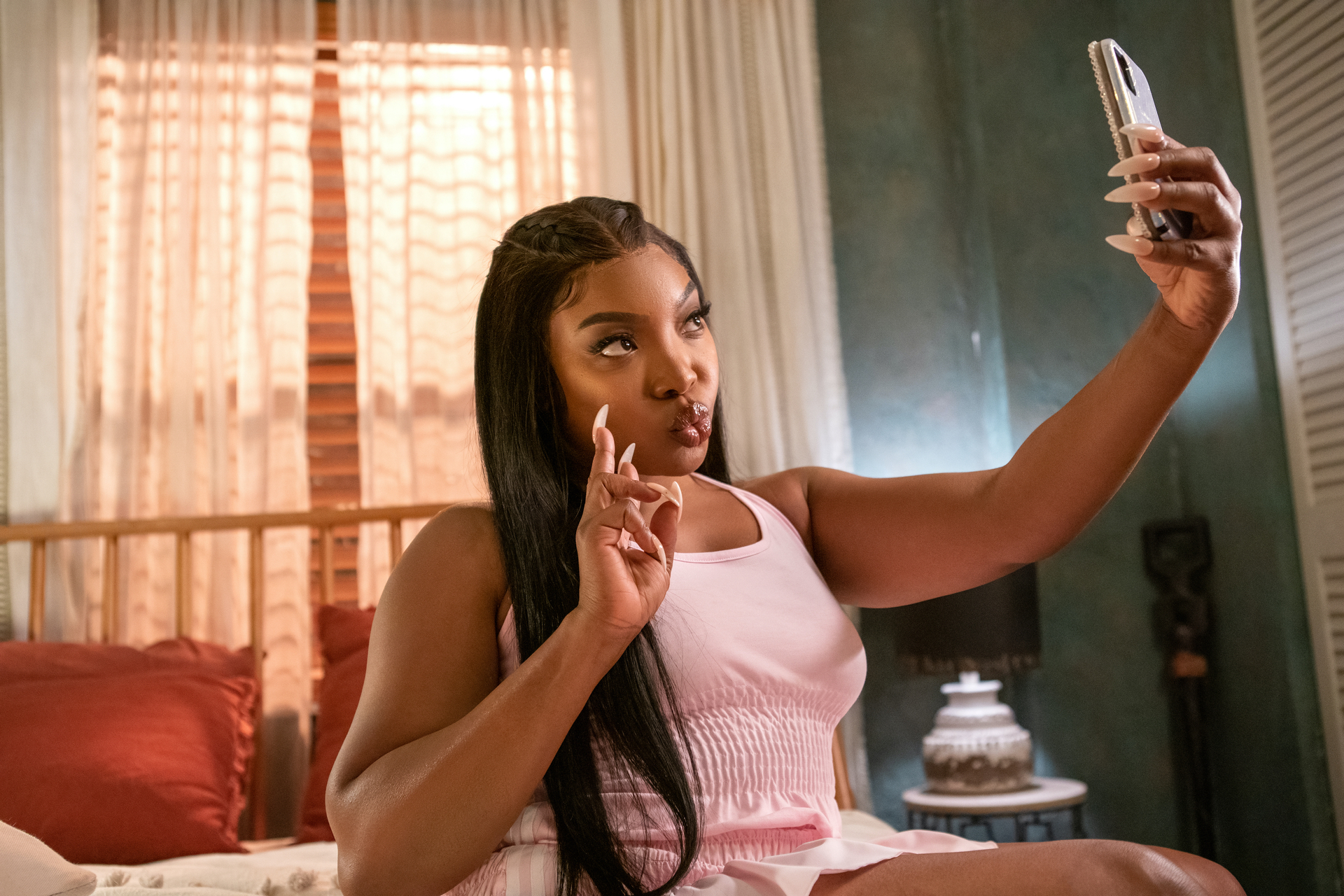
The city of Detroit and its surrounding areas are going through a rap renaissance. Once known for stalwarts like Big Sean, Eminem, and Slum Village, the Michigan region has experienced a resurgence of popularity with a new wave of rappers like Babyface Ray, Icewear Vezzo, and Sada Baby. Payroll Giovanni is bridging the gap between the generations.
The 35-year-old rapper got his start in the blog era as a member of a quartet, Doughboyz Cashout. However, he soon set himself apart with his consistent flow and sharp sense of observation. He quickly made a name for himself at a time when the only other rappers from Detroit receiving national attention were Big Sean and Eminem.
I last spoke to Payroll in 2018, as he and Minnesotan superproducer Cardo were preparing to release their second joint album, Big Bossin’, Vol. 2. At the time, we talked about the connections between LA and Detroit rap – connections that have only deepened and expanded in the years since, as fans note similarities in the off-kilter deliveries of punchline masters like Detroit’s Babytron and LA’s BlueBucksClan, among others.
It was a thread that we picked up when I met up with him in Los Angeles to discuss the release of his latest album, Ghost Mode, which is out now via Empire. “Ghost Mode,” he tells me, is when you “just get off the scene and focus on your goals.”
And although his low-key demeanor certainly reflects that philosophy, the steady stream of new music he’s been releasing since the last time we spoke indicates that just because he’s gone ghost doesn’t mean his impact isn’t still making itself evident. In fact, it’s loud and clear.
So, break down for me what the difference in the process between your last two projects was, the last time I talked to you. What’s happened for you since then? What’s the same? What have you learned? How have you grown?
I think that the last one was the Big Bossin Vol. 2, yeah, I was signed at Def Jam then. Now, I’m mainly independent so I’ve got a situation with Empire. I’ve been independent ever since that situation with Def Jam. I’m comfortable with that, for real. Owning my own music. Really building my catalog, building my fan base, catering to them.
It’s a little bit different because you’re not working with one producer, you’re working with a multitude of producers. How do you adjust your style from doing one producer, having that one-mind thing, to accommodating a lot of different sounds?
Oh, that’s easy for me. I can do that with any beat, for real. A lot of producers I’ve worked with, I’ve been working with. I’ve got an old project with AK. He did “Ex Dealer Flow” on there. I got an old project with Kidd The Producer. He did “Crib In The Woods.” Mainly, all the producers I mess with, I got old projects with or I got a good relationship with them. Yeah, so like I say, I can adapt to anything.
What would you say are some of the bigger benefits and some of the bigger drawbacks of being independent versus being on a label?
For me, the biggest benefit is ownership. Owning my music. I’m still getting paid for music I made over 10 years ago. And with that type of setup, I ain’t stressed, you know? I’m not stressing about finances and this and that. I’m getting paid from this project, that project, old projects that people probably don’t even know about. When you’re independent, you can just lean in your own lane and you’re getting all your money. So you can live like a major artist.
What would you say is the main idea of this album that you want people to sort of take away from when they get done listening?
The main idea for this album is to cut off distractions. You know, just get off the scene and focus on your goals. Handle your business, whatever that could be. Whatever you got to cut off; it could be a person, a place you always going to, a habit. It’s like, cut that sh*t off, disappear, stick to your goals, run it up, pop back out, and then be ready. Instead of trying to run it up and hit your goals while you spending money, while you doing dumb sh*t. You got to cut that sh*t out and just go ghost! Go ghost from the club. Go ghost from the homeboy that always keeps talking some negative sh*t or whatever it is.
If somebody was going to listen to only one song from the project, which one would it be and why?
I would say “Letter To The Lost.” It sets the tone for the whole project. It’s like I’m talking to somebody that’s stuck in life, but that want to do better. They just don’t know where to start; they need some advice. Like, a lot of us, we just need some game and advice from somebody, so a lot of people kind of put me in that lane. Like, “Man, you’re a motivator.” So I kind of just owned it. I’m damn near talking to myself on the song, for when I’m lost.
How do you reconcile being such a low-key, humble, normal guy with what rappers are supposed to be?
I ain’t trying to come off as some asshole always going and flexing and all that, because that ain’t what I’m about. I’m really just a laid-back dude. Want to handle my business and go home, and come back. I don’t want no extra dumb shit going on, none of that. But I would really say it comes from probably like, me being who I was before I was rapping and just being a laid-back, social dude. I’ve always observed. I never wanted all the attention. That ain’t me. I never really tried for that. That’s why even today, I barely do interviews.
I have seen that the Michigan movement is moving. You have Sada Baby, you have Icewear. You know, you have all these guys coming out. What does it mean for you, as someone who was there before all that, to see it start to culminate now? And how has it changed in that time since you started?
Man, it feel good. Like, to just see us get recognized and mentioned with the big dogs of the industry, the industry people hopping on songs. You know, rapping off our type of beats. Because when we first got our deal, we came with our sound and they wasn’t accepting that. They was like, “Man, this shit sounds too fun. It don’t sound clean.”
It’s techno.
People don’t know that! And that even come from like, we grew up on the Street Lordz, and the dude that used to produce the Street Lordz, his name was Art Forest. He is like, a techno God, and I didn’t even know that. So that’s why the shit’s so fast and all of that, because it really all comes from Art Forest. I remember when that wasn’t accepted, like to rap off of our type of beat. You know, nobody got it, nobody understood it, nobody understood our lingo. Nobody understood the way the beat sounds or the looks we was doing. Now, it’s you know, going crazy. Everybody trying to get a piece of it.
When you do interviews, you get a lot of the same questions. I end up having to ask a lot of the same questions. You have to cover the basics. What’s something that you wish somebody would ask you? If you were doing the interview, what would you ask you?
Damn, what would I ask myself? Man. Probably how did I start making beats? How did I like, get my business mindset?
I started making beats from my cousin and my homies that used to make beats in his room. I was in elementary school, and after school I would come into his room and try to rap to some of his beats. I used to have to earn them. The booth was in the car. I used to be in there with all the older dudes from the neighborhood, but it was teenagers. They used to be in there rapping and I used to be in there with them, just soaking up game, seeing what they were doing, how they was doing.
And then what gave you your business mindset? Were you around people that had businesses?
I really didn’t know nobody that owned a business for real. Like, I really got my business mindset from hustling. I could go on forever about how that go. I learned the importance of not blowing your bag at a young age. That’s how I was introduced to getting money. I used to be like, “Oh, $1000 make me this much money. How much would $2000? How much would $5000? How much would 20?”
I apply the same thing with rap, being independent. When I first got into the independent rap game, it was CDs before streams. So you know I was, then you know, coming up with all of those CDs and I make like, $10,000 or something. I’m like, “Damn, I make $10,000. Let’s f*ck around and make $100,000.” That was always the mindset.
Let’s put a bow on this interview.
Check that Ghost Mode out, and really listen to it and soak it in. You know, I could rap about how my diamonds are huge and how I could take a picture of whatever it is; everybody doing that. I rather you walk away with something that change your life, change your mindset. You know, make you think better. That’s what I do it for.
Ghost Mode is out now via Byplug Entertainment and Empire.






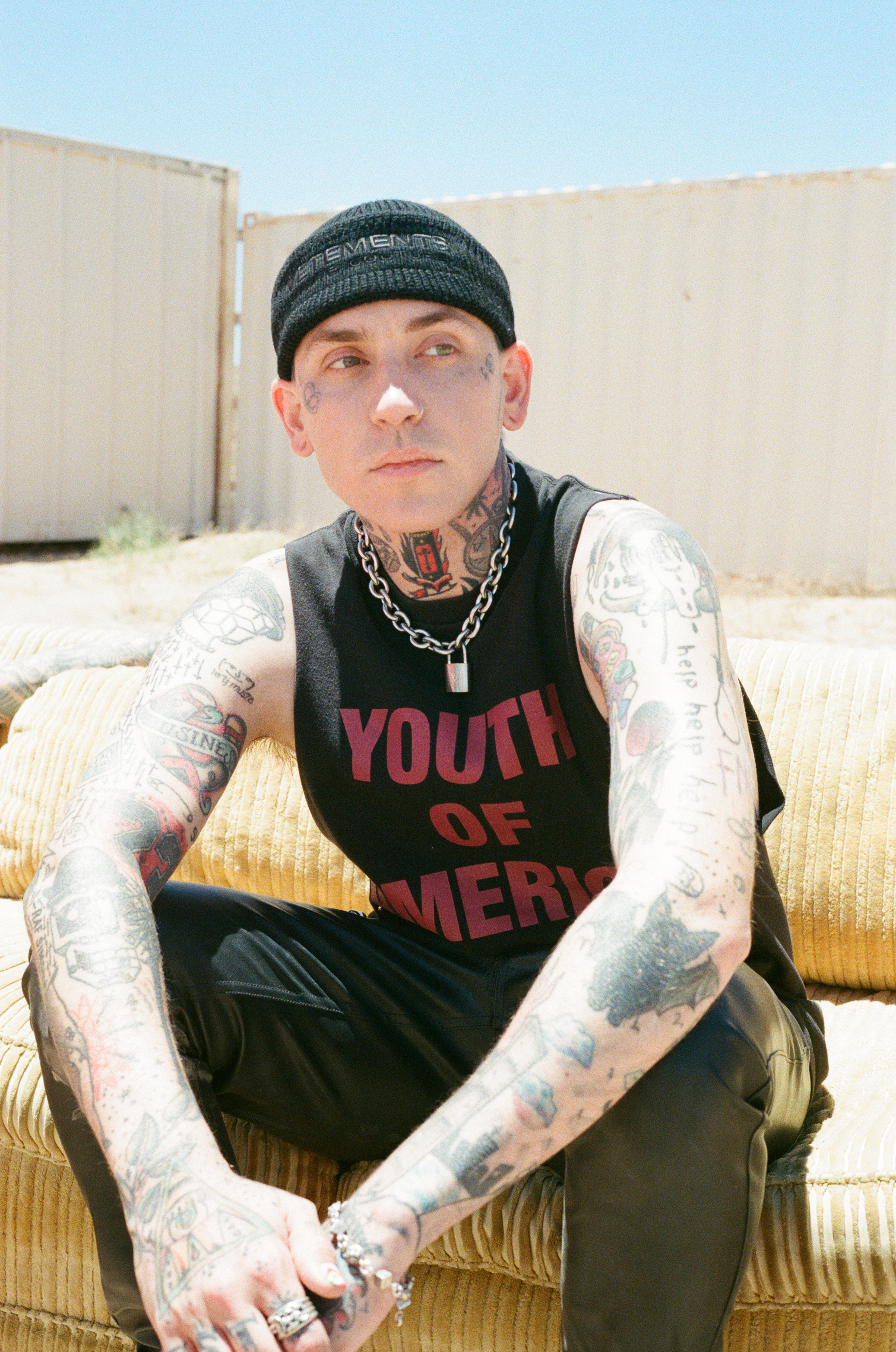
 Dallas Anime Nightlife (@kaijucoreent)
Dallas Anime Nightlife (@kaijucoreent)



